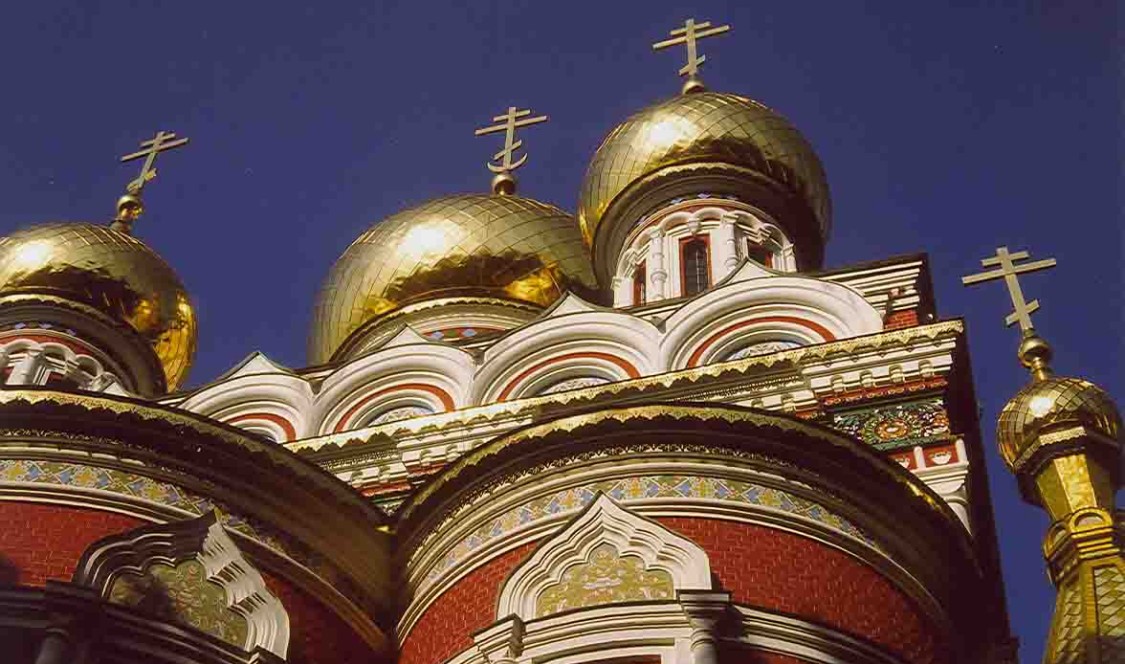UPDATE 12/16: Read the Foreign Affairs review of Russia's Path Toward Enlightenment.
The Marc Raeff Book Prize has been awarded to Gary M. Hamburg, Otho M. Behr Professor of the History of Ideas at CMC, for his book Russia’s Path toward Enlightenment: Faith, Politics, and Reason, 1500-1801.
The Raeff Book Prize is awarded annually for a publication that is of exceptional merit and lasting significance for understanding Imperial Russia, particularly during the long eighteenth-century. The award carries a cash prize and was presented November 2016, during the ASEEES annual convention. The award is sponsored by the Eighteenth-Century Russian Studies Association (ECRSA) and named in honor of Marc Raeff (1923-2008) a historian, teacher and expert on the 18th-century.
“I was touched by the award, because it bears the name of Marc Raeff, perhaps the most learned historian of eighteenth-century Russia to have taught in the United States,” Professor Hamburg says. “At Columbia University, Raeff trained dozens of graduate students, including one of my best friends in the profession. Over the years, starting with my first Russian history course at Stanford in 1970, I have read and discussed Raeff's major books: they contributed to my decision to become a Russian historian, and they have shaped my view of important questions in the field. So, winning the Raeff prize thrilled me!”
Hamburg says he learned of the award on November 9th when he was notified by Professor George Munro, president of the ECRSA, that the association would offer him the prize at its annual meeting in Washington, D.C. “I flew to Washington the next week to receive the award,” Hamburg says.
The 900-page book, which has been lauded by scholars from across the nation, is his answer to a simple question: How did Russians think about politics during the three centuries from 1500 to 1801?
“In the European West, those 300 years witnessed events of enormous political significance, such as the splintering of the Christian Church in the Reformation, religious wars in the 16th and 17th centuries, and revolutions in the Netherlands, England, and France,” Hamburg says. “Those events responded to but also shaped ideas of liberty and obedience, religious toleration, and the rule of law that still influence Western societies in our day.”
Hamburg is currently writing a follow-up to his new book that will look at Russian politics in the nineteenth century. “I want to call it: Russia's Road toward Emancipation: Politics, Faith and Community, 1801 – 1861,” he says.
##

